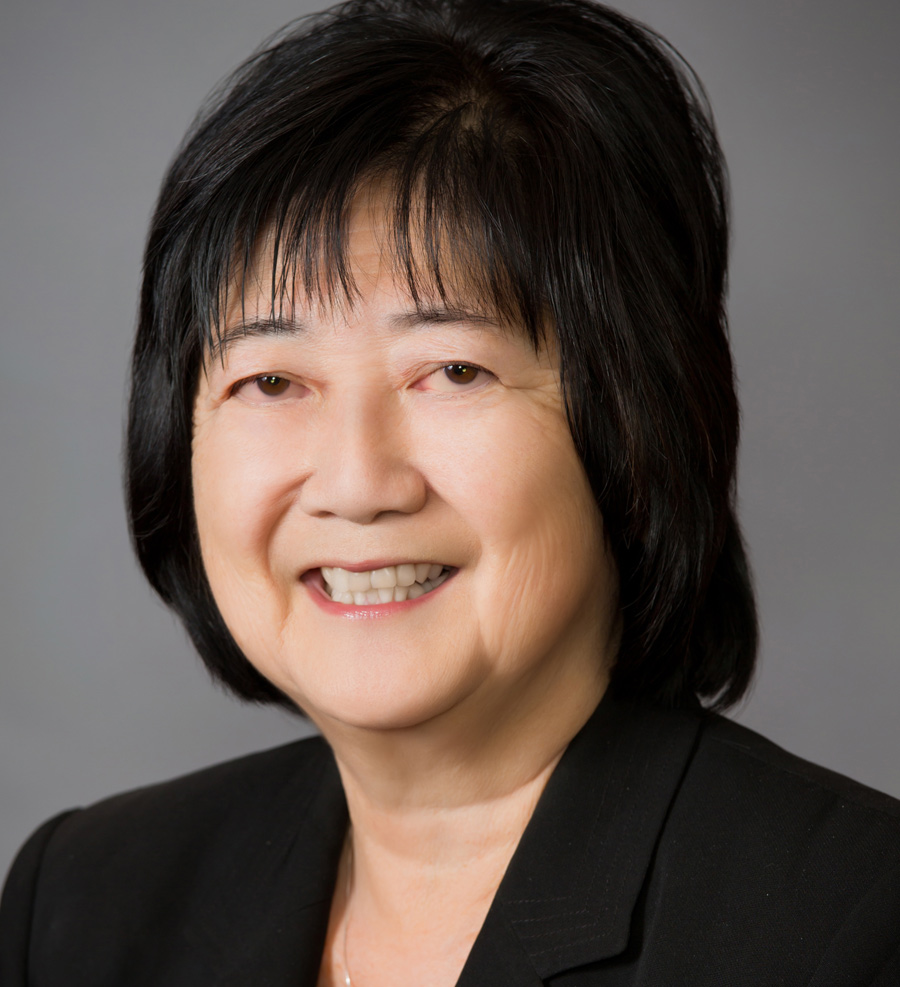
Once I got married and we started a family, I started volunteering for everything at the children’s schools. So, I decided to run for the school board. I was unsuccessful in 1998, but then was successful in 2000. The year I got elected or in the beginning of 2001, I was seated as a Delegate Assembly member. I’ve been a Delegate Assembly member for basically 20 years. My daughter is now a teacher in a Southern California district!
I am an American of Japanese descent and I understand how things can be taken. My mother was born in Long Beach and she was in an internment camp as a senior in high school. By the time she was let out, it was too late for fashion school. History has a way of revealing how events change lives. I think of all the students who faced that this year, and I know we can help them have the tools to face their challenges. And I think every student deserves the chance to work hard with what they’re given and they can sometimes make the magic happen anyway. Not all of us are able, or have the tools, to make success happen. And that’s where all of us — local and state and region — are doing our best to make that happen for those students. I think that reflects my best personal understanding on how I ended up where I am today.
Our district is moving forward positively. When we reach areas where things go wrong, we sit down and try to make it work. That’s the mode we’re in right now and how we’re dealing with this unprecedented year.
Every governance team should take Masters in Governance together — you will not regret it. Your students will benefit, just as they are at Pleasant Valley School District.
And again, please consider taking the Masters in Governance courses because I believe, over all the years you are a board member, it will set your students up for success and reflect all the passion you have for them. And I really do believe that is what will happen.
I believe the potential is there for every student. Every community member who supports students, the teachers themselves and all of us working as hard as we can with our passion, can make anything happen.
This interview has been edited for length and clarity.